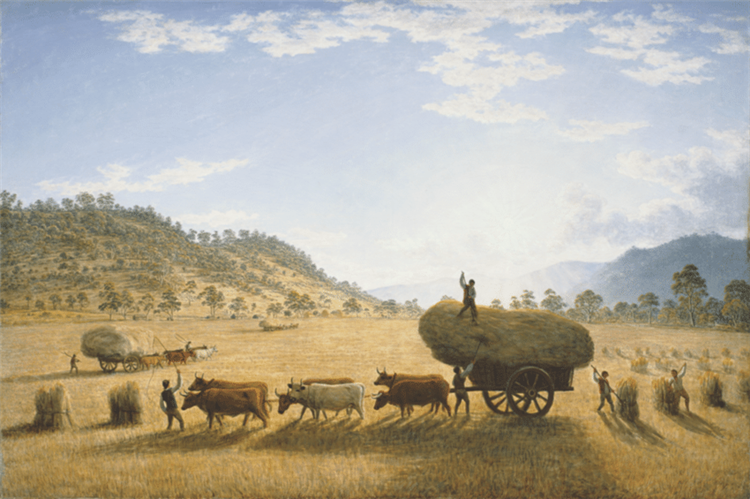Checklists
As I write this post, I'm actively trying to avoid saying that I'm busy. I think the phrase does a disservice to the rich experiences I have every day and the feeling I get when I consistently accomplish something meaningful. From time-to-time, I become preoccupied and neglect small tasks. I may forget my badge at home and have to drive back. I may leave my lunch at work on a Friday, and it gets thrown out by the cleaning crew on Monday. I may go on a business trip and forget my deodorant. While I can always buy another deodorant or run back to work to get my lunch on Saturday, already strapped for time and missing sacrificing 20 minutes getting back and forth from work adds insult to injury. To reduce the stress of these small failures, I turned to a book I read in college, The Checklist Manifesto.
The Checklist Manifesto is a polarizing book. Of the roughly 25 people I've talked to about it, 12-14 loved it, and the rest thought it was too obvious to warrant a book. At the time I read it, I considered it life-changing and evangelized it to everyone. Over the years, the concrete takeaways from The Checklist Manifesto became distant memories. As I digitized my life, I failed to take the promise of checklists with me.
It's worth taking a moment to talk about the differences between a task or to-do list and a checklist. I've used a to-do list for all of my adult life. Currently, I add around four tasks a day to my to-do list and complete 30 a week (Math doesn't add up because I don't add recurring tasks to the list). A checklist, by contrast, is a list of steps to complete for a process. Checklists are standard in many workplaces, including where I work now as a software engineer. We follow what's called an "implementation checklist," which ensures that software meets specific standards before being presented to users. The Checklist Manifesto discusses the implementation of several checklists into medical practices across the world in an attempt to increase hygiene, among other goals.
Checklists
How does this apply to me? Sometime last year I went on a business trip. I got into my hotel late and went to bed and realized when getting ready for the morning that my deodorant was missing. Usually, this would be a big deal, but this time I was staying at one of those "near airport" hotels. I ended up having my Lyft driver drop me off 10 miles away at a CVS to get deodorant and riding back to the business meeting. When I submitted the receipt for reimbursement, it came under scrutiny and was ultimately not reimbursed.
A few months later, I went to work early and took a few protein almond milk drinks with me. The workday ended up being crazy, and I never got around to drinking them. I left work as soon as I could and neglected to grab those drinks. When I returned on Monday, the employee fridge was empty, and my protein shakes were gone. I was extremely pissed off because I had to endure a trip to Costco to replenish my stash.
My solution to this incidental forgetfulness leading to anger has been creating checklists. When I run into a situation where I'm forgetful, and that inattention is costly, I create a list and then set up a friendly reminder to look at the checklists. Here are a few of my checklists (edited to remove personal details):
The tasks in these checklists cannot be “completed” like my To-do list items
The best part about these Checklists is that they add zero overhead to my life. They show up when I need them, and they save me from going crazy. Sometimes I don't need them; I grab my badge instinctually or pack my bag correctly before leaving on a trip. But, whenever stress takes hold of my life, and my memory occupied for less mundane tasks, these checklists save me and I'm committed to them until I find something better.






